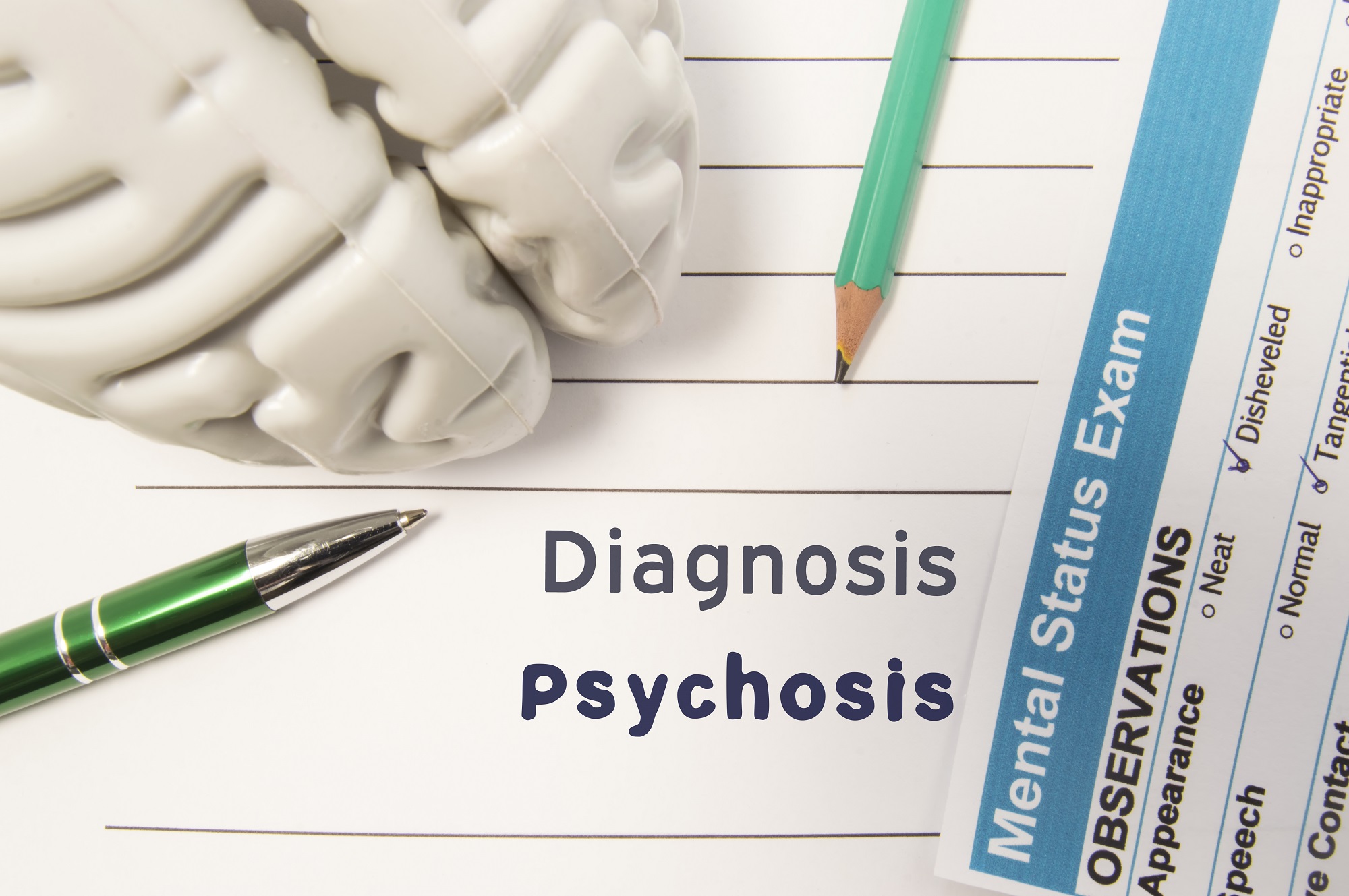Risk Factors for Very Late-Onset Schizophrenia-Like Psychosis - Psychiatry Advisor


The risk for very late-onset schizophrenia-like psychosis increases with age, migration, and traumatic life events.
The risk for very late-onset schizophrenia-like psychosis increases with age, migration, and traumatic life events, according to an epidemiologic study published in Schizophrenia Bulletin.
Researchers analyzed data from the Psychiatry Sweden database to create a cohort of individuals aged 60 years or older. The study researchers then followed the participants until immigration, psychotic disorder diagnosis, death, or the end of the follow-up time frame and identified the prevalence and potential risk factors of very late-onset schizophrenia-like psychosis. Data on general demographics, gestational risk exposure, region of birth, socioeconomic status, social isolation, and death of a partner or child were collected from several databases, including Longitudinal Integration Database for Health Insurance and Labour Market Studies, Multigenerational Register, and Cause of Death Register.
Of the 3,007,378 individuals included in the study, there were 14,977 cases of very late-onset schizophrenia-like psychosis. The median age at diagnosis was 68 for men and 70 for women, and more women were diagnosed than men. Age and sex had a significant interaction with the risk of very late-onset schizophrenia-like psychosis (χ2(6)=31.56, P <.001), indicating risk increased quicker after the age of 80 for women.
Individuals were more likely to be diagnosed with very late-onset schizophrenia-like psychosis if they migrated to Sweden from Africa (HR 1.98, 95% CI, 1.44-2.72), were born after World War II (HR 3.09, 95% CI, 2.79-3.42), had income in the lowest quartile (HR 3.07, 95% CI, 2.89-3.25), had children with a psychosis disorder (HR 2.40, 95% CI, 2.23–2.58), and those who did not have a partner their last 2 years of the study (HR 1.86, 95% CI, 1.78–1.93).
Future research needs to evaluate the impact depression, substance abuse, and bipolar disorders have on very late-onset schizophrenia-like psychosis diagnosis and explore the specific biological and psychological mechanisms involved in very late-onset schizophrenia-like psychosis with the intention of creating an intervention therapy.
The researchers “identified a substantial burden of psychosis incidence in old age, with a higher preponderance in women and most migrant groups. Life course exposure to environmental factors including markers of deprivation, isolation, and adversity were associated with very late-onset schizophrenia-like psychosis risk.”
Reference
Stafford J, Howard R, Dalman C, Kirkbride JB. The incidence of nonaffective, nonorganic psychotic disorders in older people: a population-based cohort study of 3 million people in Sweden [published online October 19, 2018]. Schizophr Bull. doi: 10.1093/schbul/sby147
https://ift.tt/2TWGIN4
Comments
Post a Comment